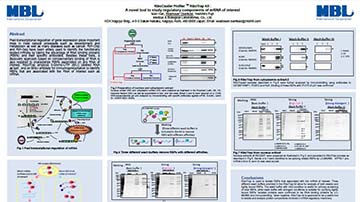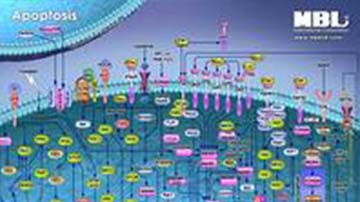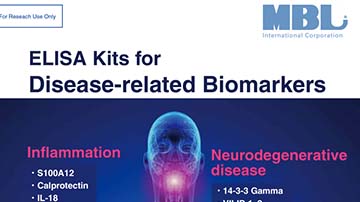Anti-GATE-16 pAb (Polyclonal Antibody)
Polyclonal Antibody of 100 µl targeting GATE-16 for WB.
| Target | GATE-16 |
|---|---|
| Product Type | Antibody |
| Application | WB |
| Clonality | Polyclonal |
| Conjugate | Unlabeled |
| Isotype | Affinity Purified Ig |
| Immunogen | GATE-16 N-terminal synthetic peptide carrier protein binding |
| Host Species | Rabbit |
| Species Reactivity | Human, Hamster, Mouse, Rat |
| Formulation | 100 μl volume of PBS containing 50% glycerol, pH 7.2. No preservative is contained. |
| Research Area | Immunology |
| Storage Temperature | -20°C |
| Protocols | WB |
| Regulatory Statement | For Research Use Only. Not for use in diagnostic procedures. |









